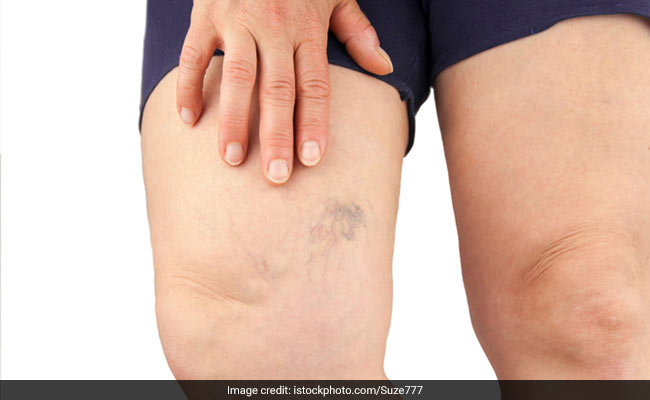Tackling Root Causes: Screening and Addressing Non-Medical Drivers of Health



Swelling if not severe, is one of the symptoms of tetanus shot
Tetanus is a disease caused by a bacteria known as Clostridium tetani. Tetanus unlike other bacterial infections requires a vaccine at birth and might be required later in life. As this shot is taken at birth and may not require timely boosters, it is important to understand how often one must get a tetanus shot.
Tetanus cannot spread from one person to another. This bacteria transfers one's body through dirty and manured materials. However, it can only travel through one's body through any cuts or wounds they have received through dirty and contaminated objects.
When does one get a tetanus shot?
Like various other vaccines, there are certain time slots assigned to when one must take a tetanus shot.
Here are the designated times you are expected to take a shot:
DTaP: This tetanus shot is given around birth, following the first few months a baby is born. This shot also protects the baby from whooping cough. It shields against tetanus and two other conditions, diphtheria and pertussis.
DT: This vaccine is provided to babies and children (4-6 years of age), in case they have a bad reaction to the DTaP shot which shields against pertussis (whooping cough).
Tdap: This shot acts as a second/third dose and is usually given to children of age 11 to 12 years.
Td: This shot is considered the booster shot. This shot is expected to be taken every 10 years as an adult.
When should I get a tetanus shot?
There are certain parameters and indications that can help one navigate whether or not they require a tetanus shot.
Here are some situations under which you should get a tetanus shot:
1. If you were not provided with the tetanus shots given post-birth. You might require it if you think you are at risk of getting a tetanus infection.
2. You must get a tetanus shot if you just recovered from tetanus.
3. You might need to take a shot post-injury if you did not take your booster shots as per scheduled.
When is tetanus shot not required?
Although staying safe and taking the right treatment is necessary, a tetanus shot may not always be essential. Various factors help us navigate whether or not we need a tetanus shot. Even if you have taken all your tetanus shots or tick off these pointers, we do encourage you to speak to a doctor.
Here are some situations where a tetanus shot can be avoided:
1. Don't repeat Tdap if you experienced an allergic reaction after taking the first shot. As discussed, many people may be allergic to Tdap.
2. If you experienced seizures following the previous shot you must avoid the shot. Many people allergic to tetanus shots might experience seizures.
3. Tetanus shots are to be avoided by people who have nervous system-related disorders. For example, people who have epilepsy might not be fit for a tetanus shot as it can do more harm than good.
4. If you experience pain and swelling post shot you might want to see a doctor. Although, in most cases, people experience a list of symptoms post-shot. These symptoms are normal but may be an allergic reaction in some people.
5. If you have conditions or have conditions such as Gullian-Barre syndrome or chronic inflammatory demyelinating polyneuropathy, etc. Ideal to speak to communicate your illness history to your doctor.
In conclusion, it is ideal to speak to a doctor about any injury that may seem tetanus prone. As discussed above, if you have continued to take booster shots, you may be at a lesser risk of catching a tetanus infection. However, upon wound from a contaminated object, you are encouraged to see a doctor. In many cases, the doctor encourages taking a tetanus shot.
Disclaimer: This content including advice provides generic information only. It is in no way a substitute for a qualified medical opinion. Always consult a specialist or your own doctor for more information. NDTV does not claim responsibility for this information.
Comments
Post a Comment